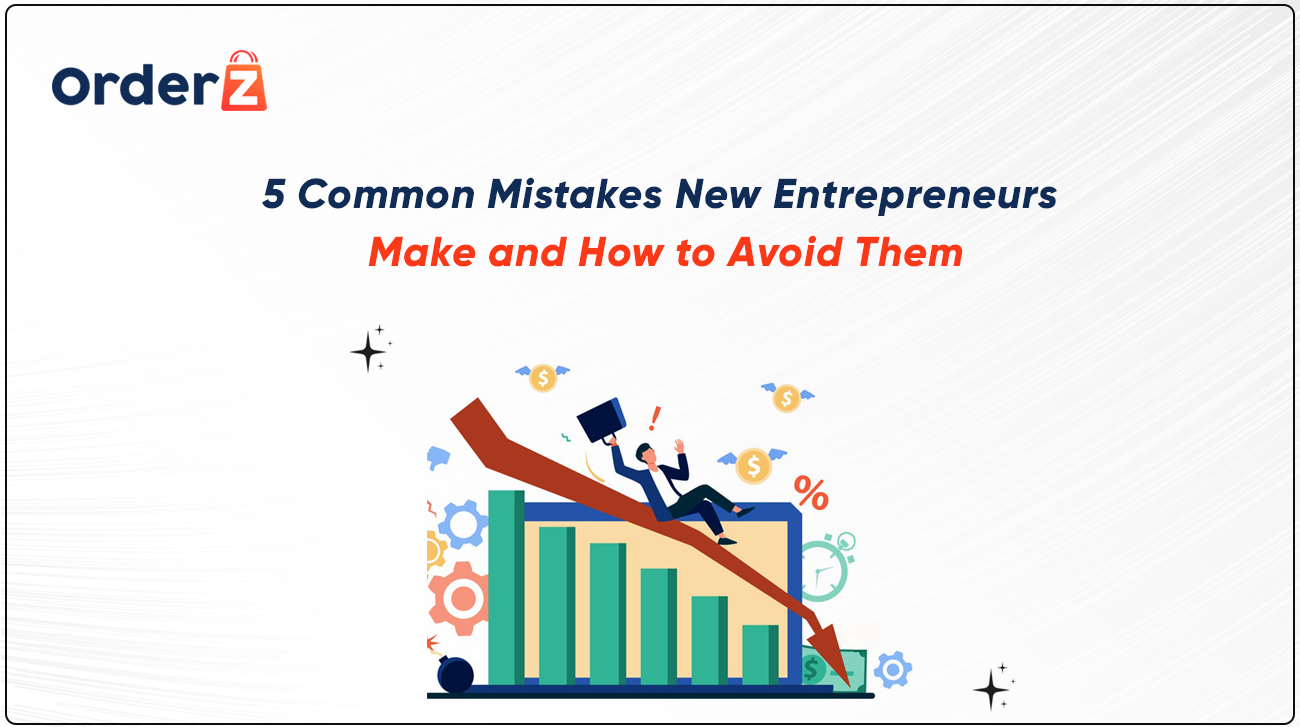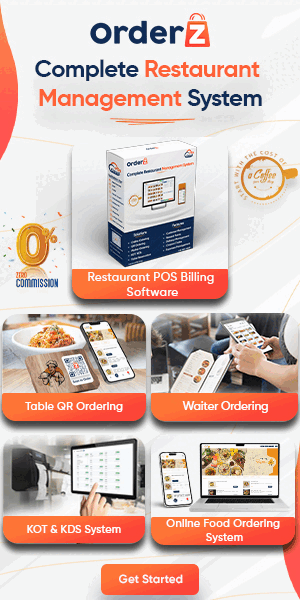Entrepreneurs are important because they create new things that make our lives better. They also create jobs for people, which is great for our economy. It’s like having a superhero who helps our communities grow and become better.
Starting a new business can be tough, especially if it’s your first time. Some of the challenges new entrepreneurs face are not having enough money, not knowing what to do, and having to make tough decisions. But don’t worry! With the right help and planning, you can overcome these challenges.
In this blog post, we’ll talk about five common mistakes new entrepreneurs make and give tips on how to avoid them. By avoiding these mistakes, you can increase your chances of success and build a great business!
Mistake #1: Lack of Planning
What does it mean to plan as an entrepreneur?
When you’re an entrepreneur, planning means taking the time to think about what you want to do with your business, how you’re going to do it, and what you need to make it happen. Planning helps you stay organized and prepared for anything that might happen.
Common mistakes made in planning
One mistake some entrepreneurs make is not planning enough. They might start their business without thinking about what they want to achieve or how they’re going to achieve it. Other mistakes include not knowing how much time or money they’ll need.
How to avoid planning mistakes?
To avoid planning mistakes, it’s important to take the time to create a good plan. Start by setting clear goals for your business and breaking them down into smaller steps. Think about what you need, like money, time, or help from other people. It’s also helpful to ask someone who knows about starting a business for advice. Remember, planning is important, and you might need to change your plan as you go along.
Mistake #2: Failure to Identify a Target Market
What does it mean to identify a target market?
When you start a business, you need to know who your customers are. This is called identifying your target market. Your target market is the group of people who are most likely to buy what you’re selling. Knowing your target market helps you make a product they will like and tell them about it in a way they will understand.
Common mistakes made in identifying a target market
One mistake some entrepreneurs make is trying to sell their products to everyone. This can be a problem because not everyone wants or needs what you’re selling. Another mistake is not doing enough research to find out who would want to buy their product. This can mean making a product no one wants or trying to sell it to the wrong people.
How to avoid target market identification mistakes?
To avoid target market mistakes, start by finding out who might be interested in what you’re selling. Think about who would benefit the most from your product or service. What age group are they in? What are their interests and needs? Then, make sure your product meets their needs and your marketing talks to them in a way they understand. This will help you sell your product to the right people and build a successful business.
Mistake #3: Overlooking Competition
Why it’s important to know your competition?
When you start a business, it’s important to know who your competition is. Your competition is any other business that sells a similar product or service to you. Knowing your competition helps you understand what you’re up against and how to make your product or service stand out.
Common mistakes made in researching the competition
One mistake some entrepreneurs make is not doing enough research on their competition. They might think that no one else is selling what they’re selling or that they don’t need to worry about the competition. Another mistake is not looking at their competition from the customer’s point of view. This can mean making a product or service that isn’t as good as what its competition is offering.
How to avoid competition research mistakes?
To avoid competition research mistakes, start by finding out who else is selling something similar to you. Look at what they sell, how they talk about it, and how much they charge. Think about what makes your business special and why customers should choose you over your competition. Then, make sure your product or service is at least as good as your competition’s. And, make a marketing plan that shows what makes your business unique. This will help you be different from your competition and get more customers.
Mistake #4: Underestimating the Importance of Cash Flow
What cash flow means for a new business?
Cash flow is the money that comes in and goes out of a business. For a new business, it’s important to manage cash flow well because they need money to pay for things like supplies, rent, and salaries.
Common mistakes made in managing cash flow
One mistake some entrepreneurs make is not keeping track of their cash flow. This can lead to not having enough money to pay for expenses, which can hurt the business. Another mistake is spending too much money on things that aren’t necessary, like fancy office equipment or expensive advertising.
How to avoid cash flow management mistakes?
To avoid cash flow management mistakes, start by making a budget for your business. This means figuring out how much money you need to make and how much you can afford to spend. Keep track of your expenses and income, and make sure you have enough money to pay for everything each month. If you need to save money, look for ways to spend less on things like supplies or rent. And be careful not to spend too much money on things that you don’t need. This will help you manage your cash flow and keep your business running smoothly.
Mistake #5: Trying to Do Everything Alone
The benefits of delegating tasks
Delegating means getting help from others. For new entrepreneurs, this can be helpful because it allows them to focus on important things while other people take care of smaller things. Delegating can also help entrepreneurs learn new things and get different ideas.
Common mistakes made in delegating tasks
One mistake some entrepreneurs make is not giving clear instructions when they ask for help. This can lead to confusion and mistakes. Another mistake is not trusting the people they ask for help, which can make those people feel sad and unimportant.
How to avoid delegation mistakes?
To avoid delegation mistakes, start by choosing the right people to ask for help. Make sure they know how to do the job well. When you ask for help, be clear about what you want them to do and how you want them to do it. Give them what they need to do the job well. And most importantly, trust the people you ask for help and say thank you for their help. Asking for help can be a great way to get more done and grow your business, so don’t be afraid to ask for help when you need it.
Final thought:
It’s important to remember that mistakes are a natural part of learning and growing. Everyone makes mistakes, and it’s okay to fail as long as we learn from our mistakes and keep moving forward. By learning from our mistakes, we can improve our skills, knowledge, and decision-making abilities, which can ultimately lead to success.
Starting a new business can be challenging, but it’s also an exciting and rewarding experience. It’s important to stay focused on your goals and keep working hard, even when things get tough. Remember that success takes time, and it’s okay to make mistakes along the way. With persistence, determination, and a willingness to learn from mistakes, you can achieve your dreams and build a successful business. Take the first step towards becoming a successful entrepreneur – start your business with Orderz! Good luck!








